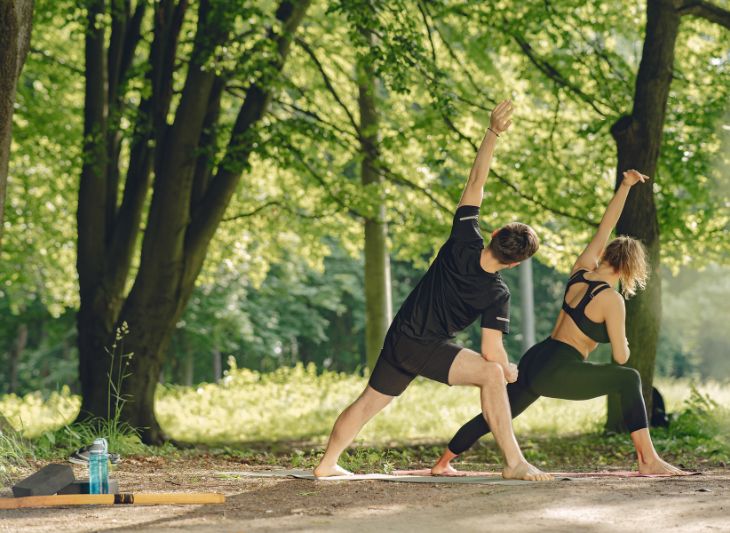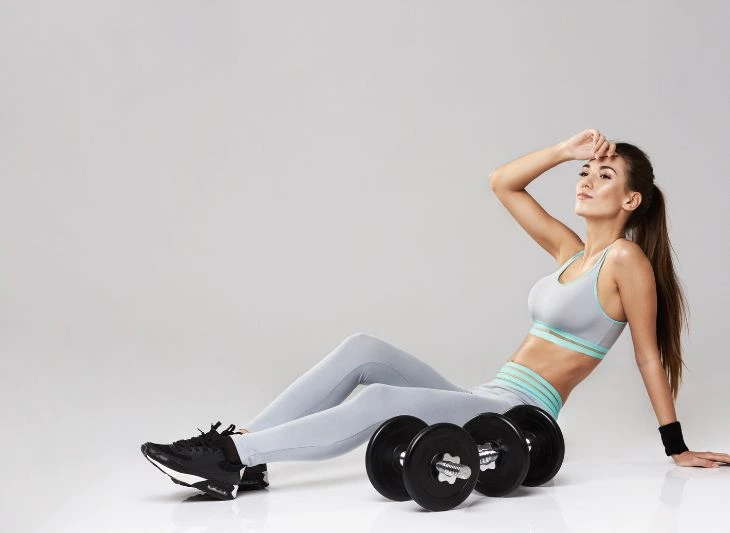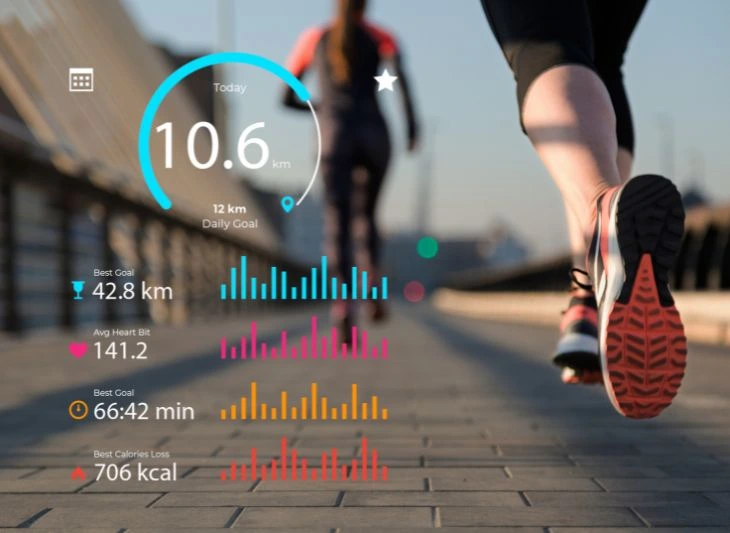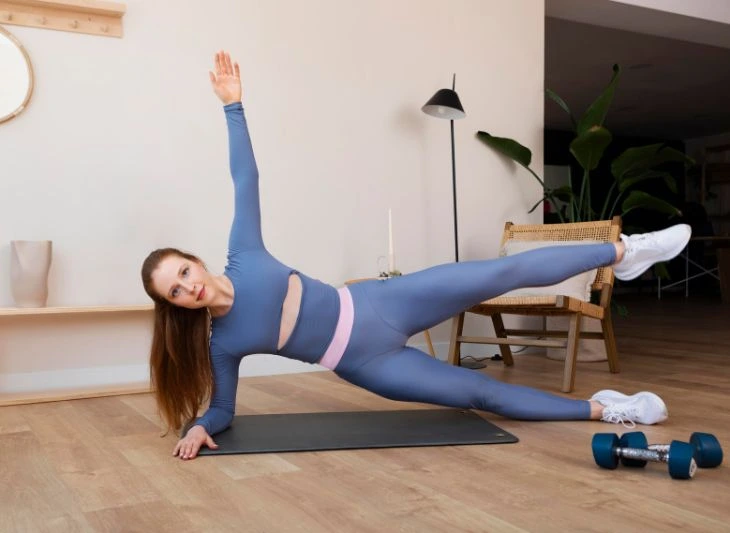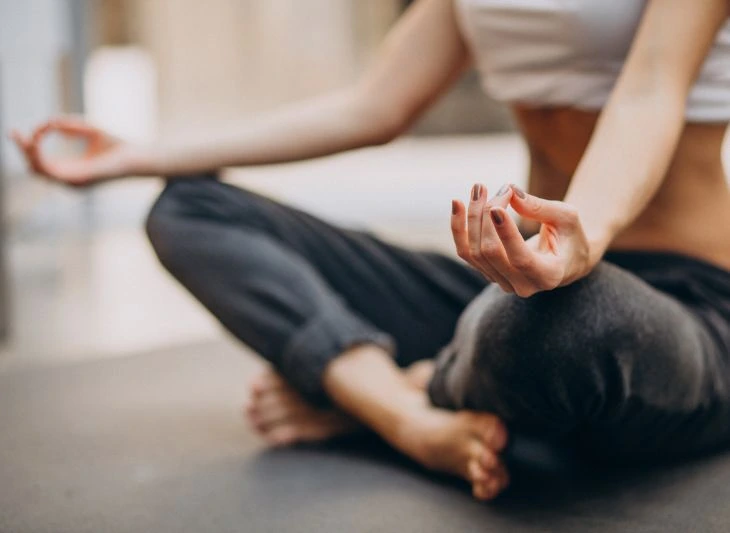Exercise performs miracles for your health, energy and mental welfare-but not always for your skin. If you look at a breakout on your face, back, chest or shoulders after a sweaty gym, you’re not alone. Sweating, bacteria, dense gym and inappropriate skin care habits can all contribute to stuffed pores and acne. But don’t worry – you don’t have to choose between fitness and innocent skin. With some targeted changes, you can enjoy both the world’s best: a strong body and clear, healthy & clear skin tips. In this blog, we will share science-supported, dermatologist oriented tips on how to prevent outbreaks due to sweat and exercise equipment, especially for men and women.
Also Read: 7-Day Beginner Workout Plan
Why Sweat and Gym Clothes Cause Breakouts
1. Clogged Pores from Sweat and Oil
When you sweat, release your skin oil, salt and water, which can be mixed with dead skin cells and bacteria, especially if it remains uncontrolled for a very long time. This mixture closes the pores and causes acne.
2. Tight, Non-Breathable Gym Wear
Dense or synthetic substances trap moisture and heat, encouraging the growth of bacteria and causes friction that leads to irritation and body disputes (aka “back acne”).
3. Touching Your Face
During exercise, you can inadvertently touch your face, wipe sweat with your hands or use dirty gym towels – all of which can all transmit bacteria to your skin.
4. Hair Products
Hair spray or gels can drip on the pan or on the back during workouts, mix with sweat and produce acne with hairline or neck.
Also Read: Home Workouts vs. Gym
Pre-Workout Skincare: Prep Your Skin to Prevent Breakouts
✅ 1. Cleanse Before You Sweat
Before you hit the gym, you can start with soft, oil – free cleanser to remove makeup, dirt or sunscreen. It helps your skin breathe better and reduce the risk of closed pores. Avoid heavy moisturizer or makeup that can act as a barrier and trap with sweat. If you are exposed to trying a foamy cleanser with salicylic acid.
✅ 2. Use Clean Towels and Equipment
Wipe gym equipment before and after use with disinfected wipes. Bring your own clean towel and never use the same for your face and body.
✅ 3. Choose Breathable Workout Gear
Wear moisture wicking, breathing clothing made of natural or athletic clothes that pull the sweat away from the skin. Avoid using the same gym several times without washing.
✅ 4. Tie Your Hair Back
Keep your face and back of hair away with headbands or scrunchie. It prevents oil and hair products from transferring to your skin.
Also Read: Detox Your Skin After Workout
During Workout: Best Hygiene Practices
✅ 5. Use a Clean Sweat Towel
Instead of wiping or rubbing gently, sweating with a clean towel, which can disrupt the skin and spread bacteria.
✅ 6. Avoid Touching Your Face
During training, keep your hands away from the face during workouts and avoid moving bacteria and dirt from weight, equipment or flooring.
Post-Workout Skincare: The Key to Preventing Acne
✅ 7. Shower Immediately
Try swimming within 15-30 minutes after training. Use a body wash with tea tree oil, salicylic acid or benzoyl peroxide to kill bacteria and unclog pores. If a shower is not available immediately, use body napkins and convert to clean cloth as soon as possible.
✅ 8. Double Cleanse Your Face
If you are wearing a sunscreen or makeup, use the first micro -based water or oil -based cleanser with a water -based cleanser to remove sweat and residue.
✅ 9. Use Acne-Fighting Ingredients
Look for salicylic acid, niacin mid or benzoyl peroxide in the skin care routine after exercise. This material is fighting a breakout without drying your skin. Avoid scrubbing your face immediately after sweating or using stiff peels. Your skin is then more sensitive.
✅ 10. Moisturize, Even If You’re Oily
Sweat can remove the natural oils in your skin, so always use a non-comedogenic, oil-free moisturizer after cleaning to maintain moisture.
Also Read: Best Pre and Post Workout Meals
Additional Tips to Prevent Gym-Related Acne
✅ 11. Don’t Re-Wear Dirty Workout Clothes
Although they look “clean”, sweaty clothing bacteria, dead skin and oil. Always wash the gym clothes after each session.
✅ 12. Change Out of Sports Bras/Undergarments
Tight-fitting sports bra and underwear can be stuck and cause friction, especially on the back, chest and waist area. Always change them after training.
✅ 13. Sanitize Yoga Mats and Gear
Clean the yoga mats, resistance ties and gloves regularly using antibacterial wipes or vinegar water solutions.
✅ 14. Avoid Oily Hair Products
Use light, non-comedogenic or water-based hair products. Fat styling products can drop the neck or downward during exercise and cause outbreaks.
✅ 15. Stay Hydrated
Drink enough water before, during and after the workouts. Hydrated skin quickly removes toxins and remains clearly.
Natural Remedies for Sweat-Related Acne
If you like natural solutions, try them:
- Aloe Vera Gel: Soothes inflammation and cools down skin post-workout.
- Green Tea Toner: Acts as an antioxidant and antibacterial agent.
- Apple Cider Vinegar (Diluted): Balances skin pH and fights bacteria.
- Honey Masks: Antibacterial and moisturizing – apply 2 to 3 times a week.
Also Read: 10-Minute Workouts for Busy Professionals
When to See a Dermatologist
If acne becomes painful, cystic or does not respond to a lifestyle change, you can contact a dermatologist. You may need:
- Prescription retinoid
- Oral antibiotics
- Hormonal treatment (e.g., for PCOS-related acne)
In Conclusion
Using sweat and gym is disappointing – but they are worthy to stop. All this is smart skin care, pure habits and a little simple tweaks for your exercise routine.
Remember:
- Cleanse before and after working out
- Wear breathable fabrics
- Don’t touch your face
- Moisturize and protect your skin barrier
With stability and care, your skin will thank you – and you don’t have to choose between the exercise goals and the brightness.

